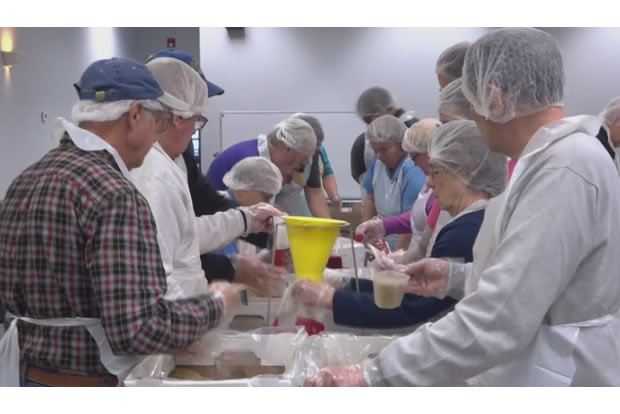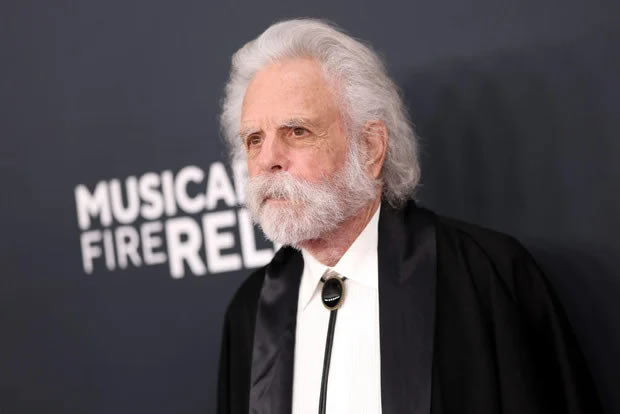
Alyson Stoner is not dead, retired or even offline, really. She just grew up.
Like so many of her fellow former child stars, she has been the subject of intense scrutiny as she transitions from the cute little girl on Disney Channel to, well, literally anything else. People expected her to “tragically implode,” she said in a YouTube video in which she broke down the “toddler-to-trainwreck industrial complex” that she “narrowly survived.”
The complex refers to the circumstances that influenced the headline-making mental health and substance disorders of people — mostly women — who became globally famous at a young age, like Amanda Bynes, Demi Lovato and Miley Cyrus. Their careers are characterized by the nostalgia they inspired in people when they were working adult jobs as children, and they are often labeled as “trainwrecks” as they work to become fully-formed adults in a world that expects them to be innocent children forever.
“How can children unwittingly copy and paste the same horror stories, cries for help, and humiliating spirals?” Stoner said of the disturbing trend. “Nothing was designed for me to end up normal, stable, alive.”
At 27, Stoner is the co-founder of Movement Genius — a digital wellness platform that provides live and on-demand classes to help improve mental, emotional and physical well-being. Though she shocked former fans by shaving her head and now predominately works off-screen as a voice actress, she’s largely considered a successful conversion from child-to-adult actor.
With that in mind, she highlighted many possible reasons why we see so many heartbreaking stories emerge from the toddler-to-trainwreck pipeline and what can be done to stop the spiral.
Stoner described the harrowing audition process a young child must endure — channeling real emotions through fabricated situations — in order to impress adults who then control her interactions with others.
“There is an alarming dissonance about being coached to offer my 6-year-old self vulnerably to unfamiliar adults who have power over my well-being and future livelihood,” she said. “My nervous system is imprinting patterns that will unconsciously dictate my behavior personally, socially and professionally for decades to come.”
At the same time, her parents were not mental health professionals. They could offer her support, but they didn’t know how to help a kid regulate her nervous system through both fictional and real-life trauma. Resources were not available to give Stoner or her family any mental health assistance.
Child stars often support their families and feel the weight of entire corporations on their shoulders.
Stoner said that when her career peaked at age 11, she was contractually obligated to complete multiple overlapping projects. She was president of a “corporation” with “salaried family members and multi-vertical teams.” Her parents were essentially working for her, while revenue models for “billion-dollar media empires” revolved around the “faces, talents and labor” of her and her young peers.
Even in 2021, all 50 states have child performers — but 17 of them still don’t have regulations in place for child entertainment. None of them acknowledge that after the shoot, actors like Stoner will be recording interviews, training and attending rehearsals.
“After all, their responsibility is to deliver a product on time and in budget, not to babysit,” she said. “Meanwhile, agents are encouraging me to look at early emancipation so I can work longer hours. This will increase my hire-ability.”
While fighting to stay on top of a physically grueling schedule, Stoner said her education was “spotty at best.” Regardless, she was expected to have dozens of daily encounters with fans and face reporters grilling her like an adult. She had to avoid authentic friendships to protect confidential information, as well.
Dr. Sheldon Zablow, a board-certified child and adolescent psychiatrist who has worked with child stars as well as adults who were once child stars, told In The Know that young celebrities have to figure out how to grow up like other children, but under intense public scrutiny and with a distorted parental and social support system.
“All of a sudden there are non-family adults making significant decisions about the child’s future with a primary financial interest in the child,” he explained. “Other adults in the industry and outside defer to the child star, which gives these children more power than any child should have.”
Their everyday interactions are colored with “celebrity distortion.” Their long hours inhibit their education, and thus their future vocational plans. In tandem, this limits their “future mental health adjustment,” which can lead to “anxiety, depression, eating disorders and substance abuse.” Child stars face challenges and rejections at a young age that “might never be overcome,” Dr. Zablow said.
Children in the entertainment industry may be regarded as unstable from the beginning.
One reason this system hasn’t changed after decades of the same tragic stories may be that people expect only the unbalanced to be attracted to careers in Hollywood, Stoner mused.
“Though I’m not without scars and ongoing struggles, I am still one of the most fortunate cases,” she said. “I had access to a therapist who saw past the enchantment of fame and taught me to safely re-inhabit my body. By some inner mysterious force, I committed to deep self-work and constant healing as my rebellion.”
Dr. Gail Saltz, an associate professor of psychiatry at the NY Presbyterian Hospital Weill-Cornell School of Medicine and host of the “How Can I Help?” podcast, told In The Know there’s no way to know for certain what child stars would have struggled with their mental health if they weren’t celebrities.
“It is also true that repeated trauma, maltreatment, being viewed as an object to perform and not a child with needs … being used for financial gain and having being loved and cared for dependent on your financial success, being treated developmentally like an adult and being exposed too early to alcohol and substance use and abuse, not having schooling or structure, having supportive family and friends around you….all of these things can negatively impact mental health,” explained Dr. Saltz.
Demi Lovato, who starred in the iconic Disney Channel movie Camp Rock alongside Stoner while headlining a hit TV show and launching a massively successful music career, has been publicly documenting her recovery from eating disorders, self-harm and substance use disorder since releasing her 2012 documentary, Stay Strong.















+ There are no comments
Add yours